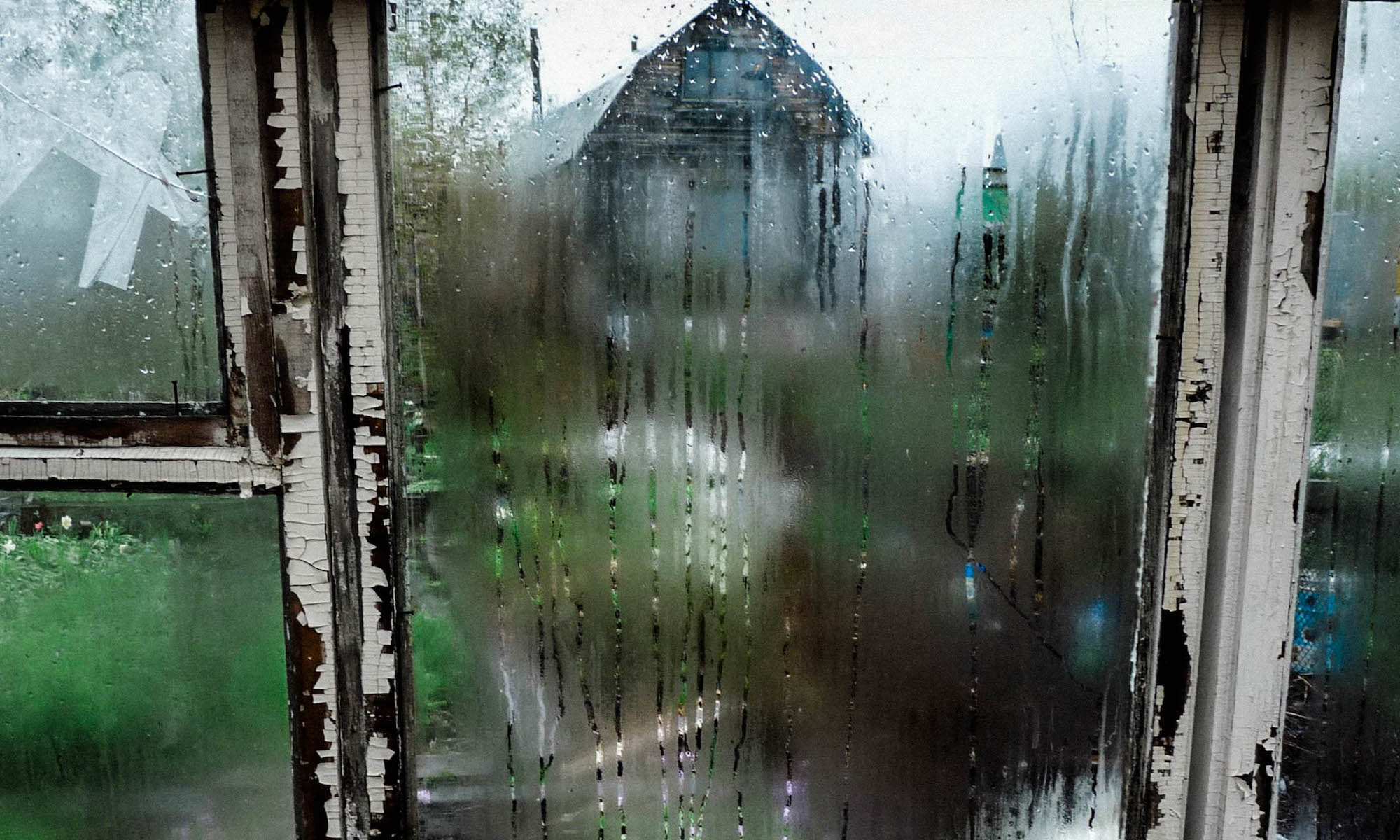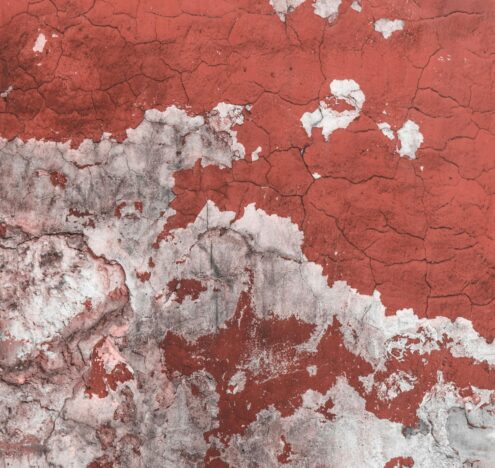One month into a senseless, savage war that has overwhelmingly brutalized, displaced, and killed Ukrainian citizens and destroyed civilian infrastructure, Russia has become an international pariah. Cut off, forced out, and erased from trade, travel, and interaction with other countries, President Vladimir Putin’s war is also hurting his own people.
From the outside, Russia is usually viewed through the lens of Moscow and St. Petersburg, but 146 million Russian citizens in 11 time zones, from Kaliningrad and Murmansk in the west to Magadan and Kamchatka in the east, are paying a steep price for Putin’s war.
If only in geographic terms, Russia is largely an Asian country. East of the Urals, beyond the vastness of Siberia, stretches Russia’s Dalnyi Vostok or Far East, an enormous region that includes nation-sized administrative districts extending from Yakutia (Sakha), a republic larger than India to the Russian Arctic, jutting into the Chukchi and Bering Seas, south to volcanic peninsulas and archipelagos to Scotland-size Sakhalin Island with its swamps and taiga to the temperate forests that border China and North Korea. While sparsely populated relative to its size, the Russian Far East has at least ten cities with populations over 150,000 including Vladivostok, Khabarovsk, Yakutsk, and Yuzhno-Sakhalinsk. Though often overlooked, this region saw large anti-Putin protests in 2020 and has seen smaller anti-war protests in recent weeks.
“IT JUST MAKES NO SENSE TO ME”
Russians in the Far East, no matter their position on the war, are facing the same unprecedented sanctions, a crumbling economy, and draconian clamp down on free speech and dissent as their compatriots in the west. In a recent televised address, Putin said that the Russian people will always be able to distinguish between “true patriots and scum and traitors” warning that “a natural and necessary cleansing of society would only strengthen our country.”
By channeling his inner Joseph Stalin, Putin has stifled some opponents, but others are protesting anyway. Russian citizens contacted for this article declined to talk, save for one woman who agreed to speak on the condition of anonymity. This woman, called “Oksana” here, described how she and others are impacted by the backlash against the war.
Russians in the Far East, no matter their position on the war, are facing the same unprecedented sanctions, a crumbling economy, and draconian clamp down on free speech and dissent as their compatriots in the west.
Oksana, who is a researcher in a Far Eastern city, says she lives and works with many Ukrainians, some of whom are the descendants of people who emigrated in the late 19th century and still retain a spoken dialect particular to Ukraine. Oksana is herself the child of mixed-Ukrainian heritage with a Ukrainian family name, but she has never been to Ukraine and considers herself Russian. She says, “we are basically the same people” and calls the war “just completely insane.”
As Russian troops amassed on Ukraine’s border earlier this year she thought, “what kind of madness is going on?” She didn’t believe Putin would invade but was instead posturing, showing off Russia’s military strength. Now she says she feels horrible, helpless, and hopeless.
“Because when he was, well, he—you know who I mean,” Oksana says, purposely not mentioning the aggressor by name. “He was saying we would help protect these regions in Ukraine, we are trying to keep the Russian language.” She acknowledges the difficult situation ethnic Russians face in Ukraine’s Donbass region, based on stories she’s heard from refugees, but says the explanation that Russia is “denazifying” Ukraine, is completely ridiculous and without logic.
“It just makes no sense to me.”
She recognizes that people have different perspectives and explanations for what led to this situation but says support for the assault is the result of propaganda. The war has caused a rift among family members. Her father supports Putin, but her mother does not.
“I think he who started [the war] definitely had this whole thing planned out. I don’t think he is a lunatic or like a crazy person. He knows what he is doing. The thing is, we basically can do nothing about it. Just we have to deal with the consequences. Yeah, so it sucks, pretty much.”
“I just want to live my life like normal. I want to work. I want to raise a family,” says “Okasana”
Oksana thinks it may be hard for Americans to understand why more Russians aren’t speaking up but she points out that, unlike in the US where anyone can openly rail against politicians or express political opinions without repercussions, it’s completely different in Russia, and new laws are making it more dangerous. Russia’s State Duma recently passed a law against spreading “fake news” which can lead to 15-year prison sentences, leading to the further curtailment of independent media. The Committee to Protect Journalists declared Putin has driven Russia into an “information dark age.”
For ordinary people in her city, Oksana says people continue their routines without major disruption, although some larger international businesses are noticeably closed. Oksana says it’s unfair that ordinary people who don’t support the military action and have no control over the situation are hurt by sanctions.
“I just want to live my life like normal. I want to work. I want to raise a family.” Now, life for Oksana is full of uncertainty. The Russian ruble has lost almost half its value and prices are rising. Interest rates have shot up from 9.5% to 20%. As finance companies suspend operations, some Russians are turning to Chinese-based credit cards like Union Pay as an alternative.
Using a virtual private network (VPN), Oksana is able to access the internet including foreign media, but she says it’s all too much. “I feel pain for what’s going on [in Ukraine]. It’s just horrible.” Thinking about it makes it hard to function normally. Beset by a mix of anxiety and sadness, Oksana says she’s given up following the news in order to preserve her own peace of mind.
“I think that Russia is in big trouble anyway because even if it all stops, I don’t think Putin will just say, ‘OK, I apologize — just take it back. Let everything be as it was.’ It’s not going to happen. In some ways it will be bad for Russians. Of course, it’s terrible for Ukrainians. It’s just horrible.”
Pointing to anti-German sentiment some Russians still harbor from World War II, Oksana expects anti-Russian sentiment will linger long after this war has ended but says, “we are not these crazy lunatics who support the war. We want this to stop as much as everyone else does and maybe even more.”
This sudden onset of uncertainty and instability in Russian society evokes bad memories of the political, social, and economic chaos of 1991 when, as Oksana describes it, Russians lived in one country one day, and another country the next. Those old enough to remember take the current crisis in stride saying, it will be ok. “It’s been worse. We will get through it.” Russians, Oksana says, are not so easily broken.
THE SANCTIONS’ IMPACT
Sanctions, ostensibly imposed to punish the Russian state, invariably hurt ordinary people. Rather than feeding popular discontent that some may hope could lead to an uprising, may instead fuel anger against those imposing the sanctions. Meanwhile, the Far East, like the rest of Russia, is being shut out from the world at almost every level. Several Japanese cities have suspended sister city relations with their Far East counterparts while Victoria, Canada did the same with Khabarovsk. In a small gesture of solidarity, the mayor of Bellingham, Washington said sister city ties with Nakhodka (near Vladivostok) represent peace between people and should continue.
The Russian Far East, well-connected to Asian cities and transport hubs like Tokyo and Seoul, is increasingly isolated as Korean Air, Asiana, and Air Busan have suspended service or rerouted flights to avoid Russian airspace. South Korea’s largest container shipping company has also suspended services to the region. Most impactful may be the exit of ExxonMobil and Shell from major multinational oil and gas projects on Sakhalin Island and Taiwan’s end to importing liquified natural gas from Sakhalin, putting more pressure on Japanese corporate investors to follow suit.
The war in Ukraine also puts more stress on Russian–Japanese relations, already strained for more than 75 years by a territorial dispute over the Southern Kuril Islands, which are controlled by Russia, but claimed by Japan. The notion that Moscow would cede even the tiniest of islands off the coast of Hokkaido is all but incomprehensible now.
A NEW IRON CURTAIN
Oksana says that if the economy “goes to the dogs,” more Russians may try to leave, something she hopes won’t happen. “Our country has a lot of potential and I would, of course, like for our country to be involved in the global economy. I think most people here actually really believe that it would be better to cooperate, rather than set ourselves apart from the rest of the world.”
One Far East resident who works in the oil and gas sector likens the current situation to a return to the Iron Curtain. Together with friends, he is building a new dacha, which he said wryly, he could convert into a nightclub when he loses his job. One Russian woman in the Far East, accustomed to vacationing in Asia, Europe, and Australia now fears she and her family may be bullied for their western ties. Others declined to comment or didn’t reply at all. They know Russian police are randomly checking phones, scrolling through social media accounts, looking for signs of dissent. One human rights activist from the Far East sent a message saying they might be able to talk in a few weeks, but not before. Right now, they said, they were busy trying to get out of the country.





















